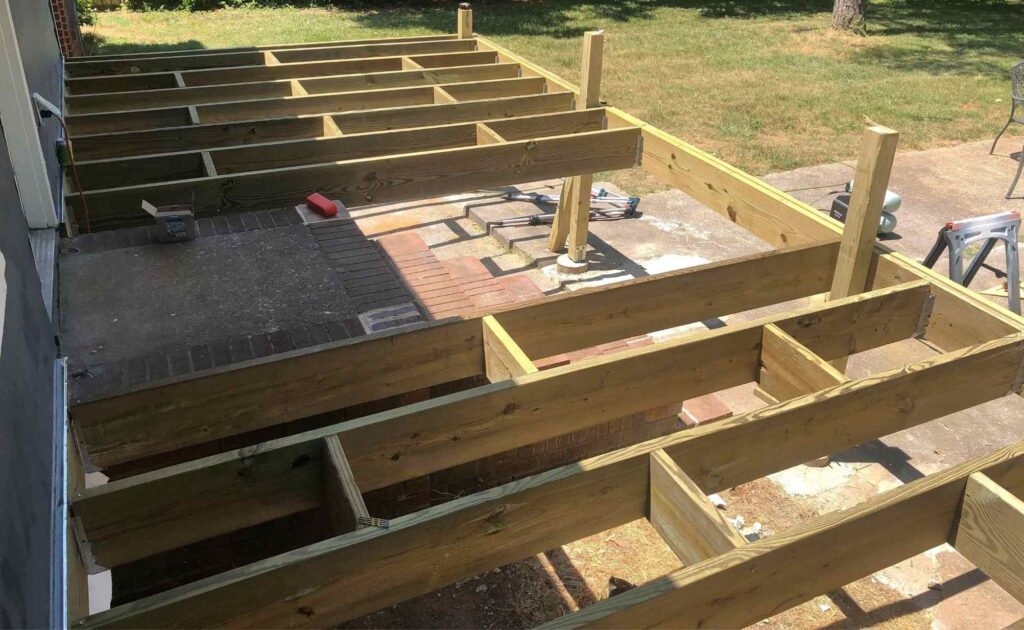When embarking on a deck project, the material you choose for its foundation and structure is crucial for both durability and functionality. While wood has been a popular choice for many homeowners, concrete is increasingly being recognized as a top contender for building strong, lasting decks. Here’s why concrete is an essential material for deck projects.
1. Durability and Strength
concrete for deck project is known for its robustness and longevity. When used in a deck project, concrete provides a solid foundation that can withstand heavy loads, extreme weather conditions, and wear and tear over time. Unlike wood, which can warp, rot, or get damaged by pests, concrete doesn’t degrade easily and can last for decades with minimal maintenance. This makes it ideal for ensuring the structural integrity of the deck, especially in areas with fluctuating temperatures and high humidity.
2. Low Maintenance
One of the most significant advantages of using concrete in deck projects is the minimal maintenance required. Wooden decks often require regular sealing, staining, and protection from the elements. Concrete decks, on the other hand, are far less maintenance-intensive. Once installed, they are more resistant to water damage, mold, and pests. You won’t need to worry about re-staining or re-sealing every few years, making it a more cost-effective solution in the long run.
3. Versatility in Design
Concrete doesn’t just offer strength and durability—it also opens up a world of design possibilities. Whether you’re building a traditional deck or something more contemporary, concrete can be molded, stamped, and colored to achieve a variety of looks. It can mimic the appearance of stone, brick, or even wood, giving you the flexibility to create a unique, visually appealing deck that complements your home’s style.
4. Improved Safety
When designing a deck, safety is a priority. Concrete provides superior slip resistance, making it a safer choice, especially for families with young children or elderly members. Unlike wood or composite decking, which can become slippery when wet, concrete provides more traction, reducing the risk of slips and falls. Additionally, concrete is fire-resistant, offering an added layer of protection in areas prone to wildfires or where safety from fire hazards is a concern.
5. Environmental Benefits
Concrete is an environmentally friendly choice for deck projects. It is made from natural materials such as cement, sand, and gravel, which are abundant and can be sourced sustainably. Additionally, concrete is a highly energy-efficient material. It has excellent thermal mass properties, meaning it can absorb and store heat, helping to moderate temperature fluctuations and improve energy efficiency in your home. By reducing the need for additional heating or cooling, concrete decks can contribute to overall energy savings.
6. Cost-Effectiveness Over Time
While concrete may have a higher upfront cost compared to wood or composite decking, its long-term benefits make it a cost-effective choice. The durability, low maintenance, and reduced need for repairs all contribute to significant savings over the life of the deck. The ability to customize the look of concrete also means you can create an expensive-looking deck without the high cost of premium materials like natural stone or custom wood designs.
Conclusion
Concrete offers numerous benefits for deck projects, from its strength and durability to its versatility and low maintenance needs. It is an investment that pays off in the long term by providing a safe, attractive, and cost-effective outdoor living space. Whether you’re building a simple deck or a more elaborate design, concrete is a material that will ensure your deck stands the test of time.



